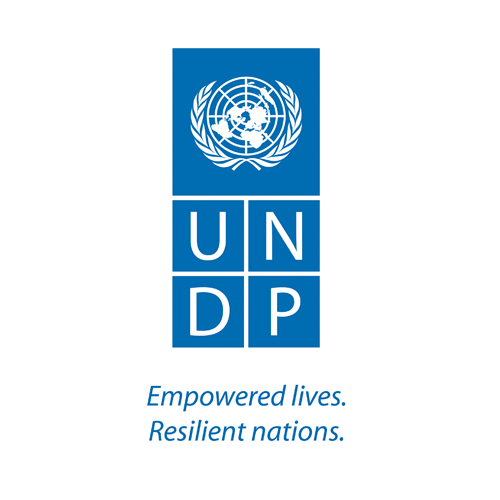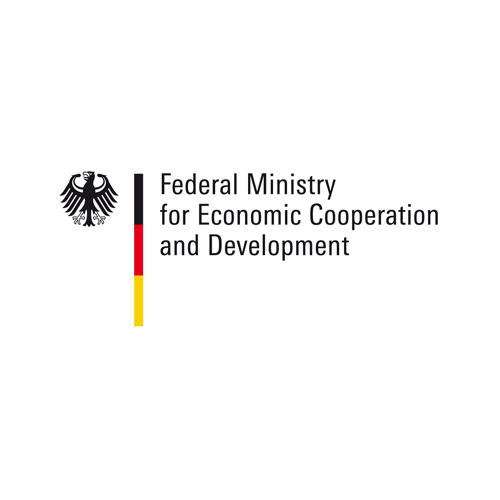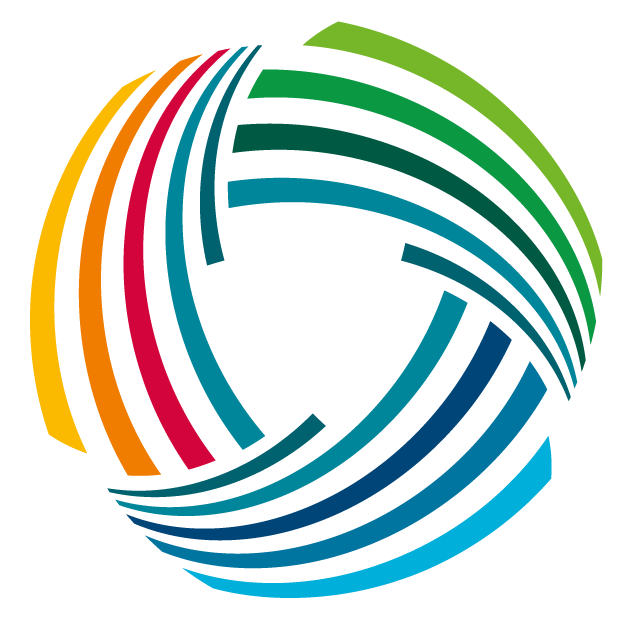Workstream 1: Strategic Guidance & Convergence
Guide the integration of Climate and Disaster Risk Finance and Insurance solutions in global climate change and resilience frameworks
Tripartite Agreement
A public-private partnership between BMZ, UNDP and IDF leveraging financing, expertise and risk capital for the fulfilment of Vision 2025
An integral part of the InsuResilience Vision 2025 is the collaboration between the public and private sector. The work plan under Vision 2025 identifies a number of short and medium-term deliverables to crowd in risk expertise and risk capital for sustainable insurance markets and to develop new insurance solutions for sovereign, sub-sovereign and humanitarian actors. Against this backdrop, the Insurance Development Forum (IDF), the United Nations Development Programme (UNDP), and Germany’s Federal Ministry for Economic Cooperation and Development (BMZ) signed the Tripartite Agreement during the United Nations Secretary General’s Climate Action Summit in September 2019. The partners collaborated to establish systems for coordinated efforts between the development sector and the private sector, in a manner that eliminates conflict of interest and enables fair, open and transparent access to private-sector expertise and capacity. The Tripartite Agreement aims to provide technical assistance and risk solutions to at least 20 climate-vulnerable countries by 2025. By leveraging the strengths of the various parties and rallying global players, this collaboration aims to achieve a substantial scale-up in the use of prearranged risk finance and insurance mechanisms as part of global resilience and adaptation ambitions in support of Vision 2025.
The joint work plan is supported by a financing commitment of up to EUR 30 million from BMZ, which will also act as a strategic partner in steering the work plan. IDF private sector industry members committed to provide their expertise and technical assistance to countries under the programme. To support this, both parties committed to implementing a public-private partnership to enable high-quality risk insight to more developing countries through the provision of an openly accessible modelling platform and ecosystem for use in countries’ adaptation and risk transfer decision-making. Additionally, IDF committed up to USD 5 billion in offered risk capacity for solutions implemented under the InsuResilience Global Partnership. Finally, UNDP will support the development of industry initiatives through country-level coordination and engagement with government, diagnostics, legislative and regulatory technical assistance, and support the integration of risk financing into wider policy, including national adaptation planning and nationally determined contributions.
Signing of the Tripartite Agreement
Operational milestones and results
Despite the impact of the Covid-19 pandemic, several operational milestones have been achieved since the announcement of this agreement, a little over a year ago. These have included:
- The establishment of a Programme Coordination Unit (PCU) at the Frankfurt School to support public-private teams delivering projects under the Tripartite Agreement.
- Country shortlisting: The three governing parties of the Tripartite (IDF, UNDP and BMZ) undertook a detailed and diligent country shortlisting process that involved extensive consultations across the respective institutions, their members, country offices and with various partners, including governments and the InsuResilience Program Alliance.
- The development of project proposals in light of the Calls for Proposal of the InsuResilience Solutions Fund (ISF) to be presented to the Strategic Committee of the ISF for review and selection in December 2020.
- Mobilization of over 40 private-sector members from IDF to support implementation of the Tripartite.
Concrete results are already being delivered. A first project to create a flood and earthquake insurance programme for Peru’s public schools was launched in September 2020 through the signing of a grant agreement with the ISF. You can find more information on this project here.
More information:
- UNDP’s update on 2020 activities
- Watch the panel discussion during the InsuResilience Annual Partnership Forum 2020 on the lessons learned from the Tripartite Agreement and Global Risk Financing Facility in Sierra Leone: Part 1 (36:23 – 50:56) Part 2 (0:00 – 26:45).

United Nations Development Programme (UNDP)

German Federal Ministry for Economic Cooperation and Development (BMZ)

Insurance Development Forum (IDF)
Tripartite Agreement Country Shortlist (as of end 2020):
- Algeria
- Argentina
- Bangladesh
- Barbados
- Colombia
- Ghana
- India
- Indonesia
- Jordan
- Mexico
- Nigeria
- Pakistan
- Panama
- Peru
- Philippines
- Sri Lanka
- Tanzania
- Thailand
- Uganda
- Uzbekistan
- Vietnam
Tripartite projects remain open to countries/governments that may be interested in collaboration.
